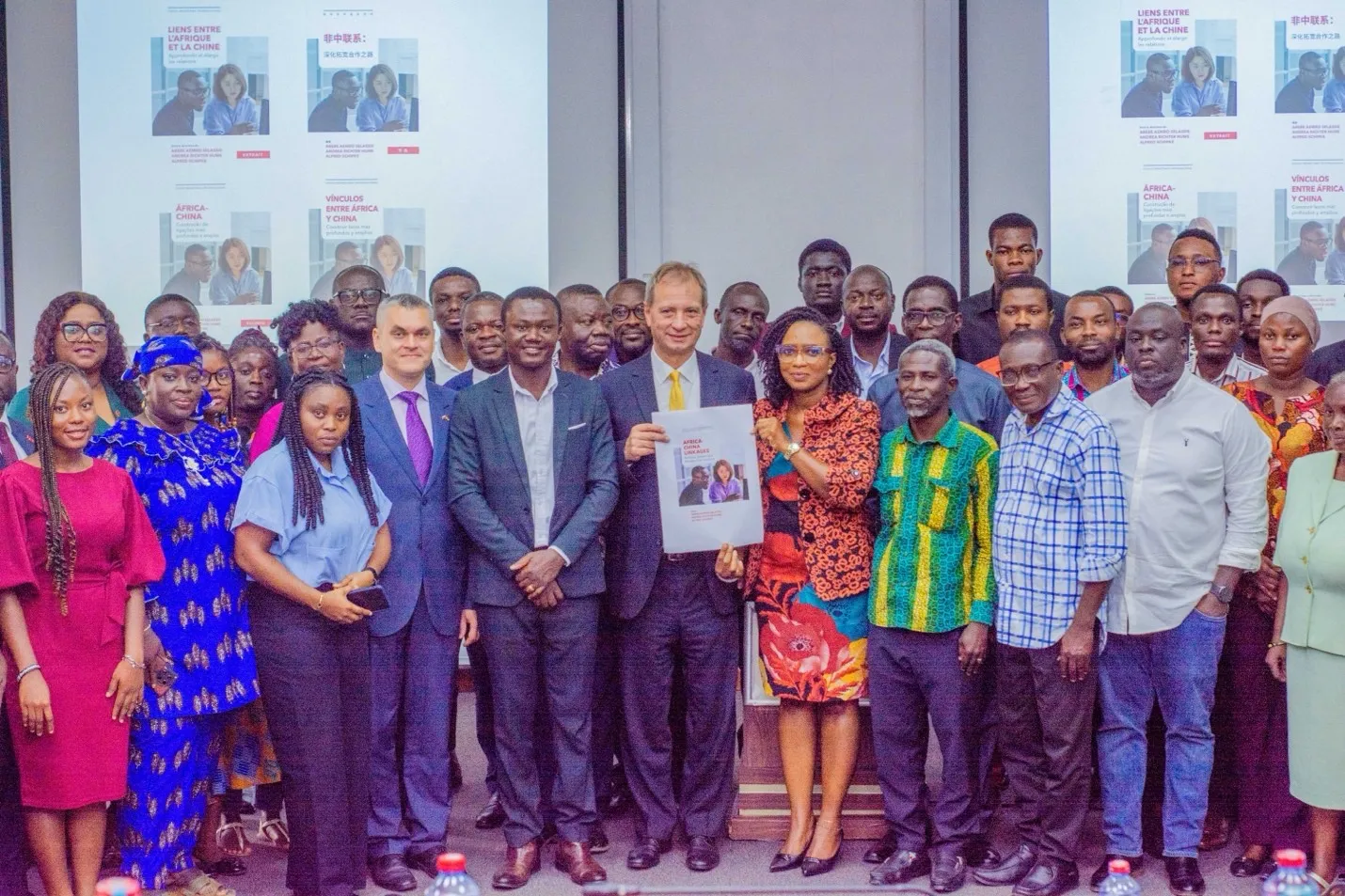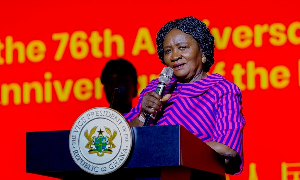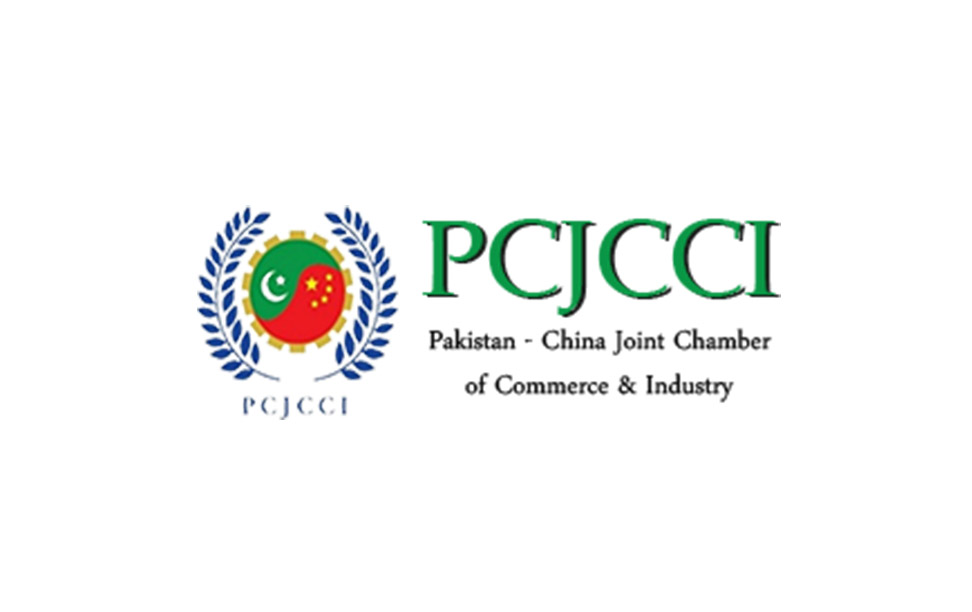Copyright gbcghanaonline

The Africa-China Centre for Policy and Advisory (ACCPA) successfully hosted a high-level forum under the theme “Africa–China Dialogues: Reimagining Africa-China Economic Future” at the CEIBS Africa Campus in Accra. The event brought together leading economists, policymakers, scholars, and development practitioners to explore new pathways for reimagining Africa–China economic relations in an increasingly dynamic global context. The dialogue featured the official launch of the landmark volume, Africa–China Linkages: Building Deeper and Broader Connections, co-edited by Professor Alfred Schipke, Director of the East Asian Institute (EAI), National University of Singapore and former IMF Mission Chief for China. The book, published by the International Monetary Fund (IMF), explores how trade, investment, and financial flows have shaped Africa’s development and what the future of the partnership could look like amid China’s shift toward innovation-led growth. In his keynote presentation, Prof. Schipke highlighted the importance of strengthening institutional cooperation and aligning policy priorities between Africa and China in areas such as green development, digital innovation, and sustainable finance. “The future of Africa–China relations must be grounded in mutual benefit, local ownership, and shared responsibility for inclusive growth,” he noted. The forum also featured a thought-provoking panel discussionbetween Prof. Schipke and Dr. Samuel Darkwa, Governance Fellow at the Institute of Economic Affairs (IEA), Ghana. The panel addressed key issues including value chain integration, debt sustainability, industrial transformation, and governance reforms needed to ensure Africa benefits equitably from its engagement with China. In his remarks, Paul Frimpong, Executive Director of ACCPA, emphasized the centre’s commitment to fostering dialogue, research, and policy innovation across the continent. “This forum marks a significant milestone in deepening Africa–China cooperation from a truly African-led perspective. It is not just about the past or present, but about reimagining the future — one shaped by shared prosperity, resilience, and a strong commitment to sustainable development.” The event attracted a diverse audience, including senior government officials, development partners, academics, private sector actors, and civil society leaders. It also served as a platform to strengthen networks between African and Asian institutions through collaborative scholarship and policy engagement. ACCPA will continue to convene high-impact dialogues and research collaborations that promote transparent, equitable, and future-ready Africa–China partnerships. Africa–China Dialogue Marks Launch of Groundbreaking Volume on Economic Linkages A major milestone in Africa–China relations was marked in Accra with the official launch of the landmark volume Africa–China Linkages: Building Deeper and Broader Connections, at a high-level public forum hosted by the Africa-China Centre for Policy and Advisory (ACCPA). The forum, themed “Africa–China Dialogues: Reimagining Africa-China Economic Futures,” brought together policymakers, economists, researchers, and development stakeholders to engage in forward-looking discussions on the future of Africa–China economic cooperation. The newly launched volume, co-edited by Prof. Alfred Schipke, Director of the East Asian Institute (EAI) at the National University of Singapore and former IMF Mission Chief for China, was published by the International Monetary Fund (IMF). The book provides deep analysis of how trade, investment, and financing flows have contributed to Africa’s economic transformation and examines how China’s economic transition—towards green growth, innovation, and productivity-led development—will shape its future engagement with the continent. In delivering the keynote and presenting the book’s key insights, Prof. Schipke emphasized the need for dynamic cooperation models rooted in shared prosperity, policy alignment, and institutional innovation. He noted, “This volume provides practical and policy-relevant tools for rethinking how Africa and China can build more sustainable and inclusive economic partnerships moving forward.” The forum also featured a compelling panel discussion between Prof. Schipke and Dr. Samuel Darkwa, Governance Fellow at the Institute of Economic Affairs (IEA), Ghana, who brought a governance and local policy perspective to the discussion. The panel explored pressing topics such as trade imbalances, value chain integration, debt management, and digital infrastructure development. Speaking at the event, Paul Frimpong, Executive Director of ACCPA, stated: “The launch of this volume here in Accra is not just symbolic—it reinforces our belief in African ownership of development narratives. Africa–China relations are evolving, and this book is a critical resource for policymakers and practitioners on both sides of the partnership.” The Africa–China Dialogue forum drew participation from senior officials, academics, private sector leaders, and development organizations. The event forms part of ACCPA’s ongoing efforts to strengthen African-led policy discourse, build institutional linkages with Asian counterparts, and support evidence-based cooperation strategies across the Global South. No Evidence of China Debt Trap in Africa, Says EAI Director at Accra Forum The notion of a “China debt trap” in Africa is not supported by empirical data, according to analysis presented during the Africa–China Dialogue hosted by the Africa-China Centre for Policy and Advisory (ACCPA) at the CEIBS Africa Campus in Accra. Delivering the keynote presentation, Professor Alfred Schipke, Director of the East Asian Institute (EAI) at the National University of Singapore, provided insights from the newly launched IMF-backed volume Africa–China Linkages: Building Deeper and Broader Connections, which he co-edited. His presentation challenged prevailing Western narratives that portray Chinese lending as predatory, suggesting instead that Africa’s debt challenges are shaped by multiple factors—including global economic shifts, domestic fiscal pressures, and structural constraints. The presentation emphasized that while some African countries do face growing debt burdens, there is no systematic evidence that China deliberately engages in coercive lending practices. Rather, Chinese financing was shown to be one among several sources of external debt, with Chinese creditors often willing to restructure or renegotiate terms in line with macroeconomic realities on the continent. The forum also included a panel discussion with Dr. Samuel Darkwa, Governance Fellow at the Institute of Economic Affairs (IEA), Ghana, who highlighted the importance of strong institutional governance and domestic accountability in managing development financing effectively. In closing remarks, the ACCPA reiterated the importance of evidence-based discussions on Africa–China cooperation and encouraged stakeholders to move beyond politicized narratives that undermine Africa’s policy sovereignty. The event brought together policymakers, scholars, private sector leaders, and development practitioners, and also marked the official launch of Africa–China Linkages: Building Deeper and Broader Connections—a timely and comprehensive study of the evolving financial and economic engagement between Africa and China. Africa Must Adapt to China’s Economic Transition, Says EAI Director at Africa–China Dialogue At the just-concluded Africa–China Dialogue Forum held in Accra, Professor Alfred Schipke, Director of the East Asian Institute (National University of Singapore), called on African countries to rethink their economic strategies in response to China’s ongoing structural transformation. Delivering the keynote presentation on the theme “Africa–China Linkages: Building Deeper and Broader Connections,”Prof. Schipke highlighted that China is undergoing a major economic shift — moving away from real estate- and investment-led growth to a new model centered on productivity, domestic consumption, and innovation-driven development. “As China rebalances, African economies — particularly those heavily dependent on resource exports — must begin to diversify, invest in productivity, and integrate deeper into global and regional value chains.” The presentation was based on the newly launched IMF-backed book Africa–China Linkages: Building Deeper and Broader Connections, co-edited by Prof. Schipke, which was officially unveiled during the forum. Hosted by the Africa-China Centre for Policy and Advisory (ACCPA), the event attracted policymakers, economists, think tanks, development partners, and private sector actors from across Africa. The forum provided a platform to discuss how Africa–China relations can evolve to meet the challenges and opportunities of a rapidly changing global economy. A key theme from the presentation was the need for policy adaptation in Africa — including stronger macroeconomic management, domestic resource mobilization, and investment in sectors such as digital technology, green infrastructure, and financial innovation. The forum also featured a panel discussion between Prof. Schipke and Dr. Samuel Darkwa, Governance Fellow at the Institute of Economic Affairs (IEA), Ghana, which explored governance readiness, institutional linkages, and inclusive development strategies for Africa–China cooperation.



